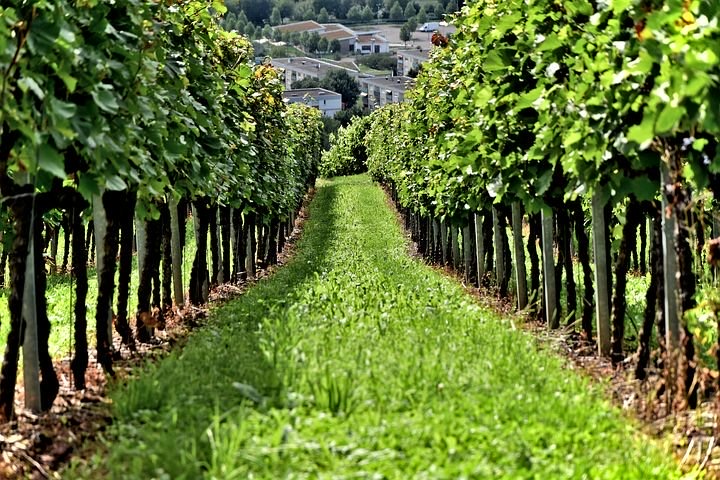The Tuscan vineyards are increasingly devoted to organic farming: 16,720 hectares out of a total of 59,000 hectares of vineyards in Tuscany are organic and biodynamic. These data emerge from the tenth edition of BuyWine, a B2b event with 260 wineries (96 of which are organic) and about 220 foreign buyers, held in Florence on 7-8 February 2020. Furthermore, according to a research conducted by the University of Pisa, 62% of the participating wineries consider adverse weather conditions as a significant factor for production decisions, followed by changes in consumer behaviour (57.7%), with clients increasingly attentive to green brands and sustainable production.
Though organic wines represent a small subset of the total global still wine industry, new research from IWSR Drinks Market Analysis shows a rapid increase in the coming years as consumer sentiment for sustainability and organic products grows.
The IWSR Organic Wine Report, published in January 2020, forecasts that the organic wine subcategory is expected to post the strongest increases (+9.2% compound annual growth 2017-2022).
The European Union defines wine as ‘organic’ if it is produced from organic grapes or from oenological techniques and substances authorised for organic wine. Total organic area under vine, the report shows, has increased by 234% since 2007 and in 2017 surpassed 400,000 hectares.
Producing organic wine will be the challenge of the next few years with increasingly growing. In Italy 96,320 hectares of organic vineyards are expected, while Spain and France will reach respectively 160,000 hectares and 115,000 hectares.
